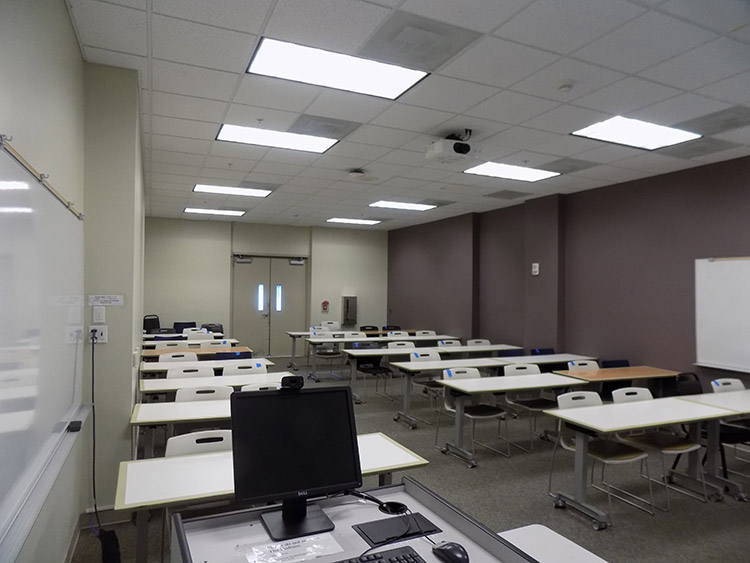[ad_1]
While moving a motion to debate a report on the impeachment of Mohamud, Nyamira Senator Okongo Omogeni, who chaired the committee, alluded the fact of perceived discrimination at the threshold of impeachment.
“There was an observation made by the Committee that we need to be careful so that we do not expose ourselves as having violated the provisions of Article 27 on discrimination.
“In that there are a number of governors that have appeared before the Senate with the violations touching on Article 43(1), but have gone scot-free,” Omogeni said.
His team noted in the report that the Senate has the responsibility to set and maintain the standard for impeachment that bears the proper hallmarks of impeachments— due process, fairness and justice.
Homa Bay Senator Moses Kajwang’, who sat in the impeachment committee of Waiguru, criticised the grounds for removing Mohamud.
He held that problems in health sector cut across all the 47 counties and the national government.
“Is it an impeachable offence that doctors and health workers are running away from frontier counties because of insecurity? If we impeach the Governor or Wajir County, we should impeach the President because he is the one responsible for providing and guaranteeing the security of all professionals in this Republic,” Kajwang’ said.
But Marsabit Senator Hargura Godana, who deputised Omogeni in the committee, and his Kericho counterpart Aaron Cheruiyot, said the health sector, a devolved function, is one that governors are sworn to protect and improve.
“We need to send a clear message that governors need to take their oath of office and the resources that are being channeled to them seriously,” Cheruiyot said.
Just as in Mohamud’s case, Waiguru’s impeachment was highly political with senators divided along the Tangatanga and handshake factions.
The handshake team, leaning towards President Uhuru Kenyatta and ODM boss Raila Odinga, teamed up to defeat their Tangatanga counterpart to save Waiguru who was seen as pro-handshake. Her influence would be needed
In December last year, Mike Sonko was overwhelmingly voted out as Nairobi governor after the lawmakers upheld all the charges preferred against him by MCAs.
The handshake team united against the former flamboyant governor who had fallen out with the President for declining to sign into law the lion’s share of the budget to the Nairobi Metropolitan Services.
Later, the President admitted that he instigated Sonko’s removal from office for frustrating NMS, an entity the head of state formed to perform key county functions that were transferred to the national government. A sign of overpowering politics preceding his removal.
“I am the one who helped him (Sonko) get elected, but we fell out because he was always fighting people. Chaos everywhere. You can now see what our new person (Major General Mohammed Badi) has done on city roads and cleaning up Nairobi,” Uhuru said during a radio interview in January.
[ad_2]
Source link















